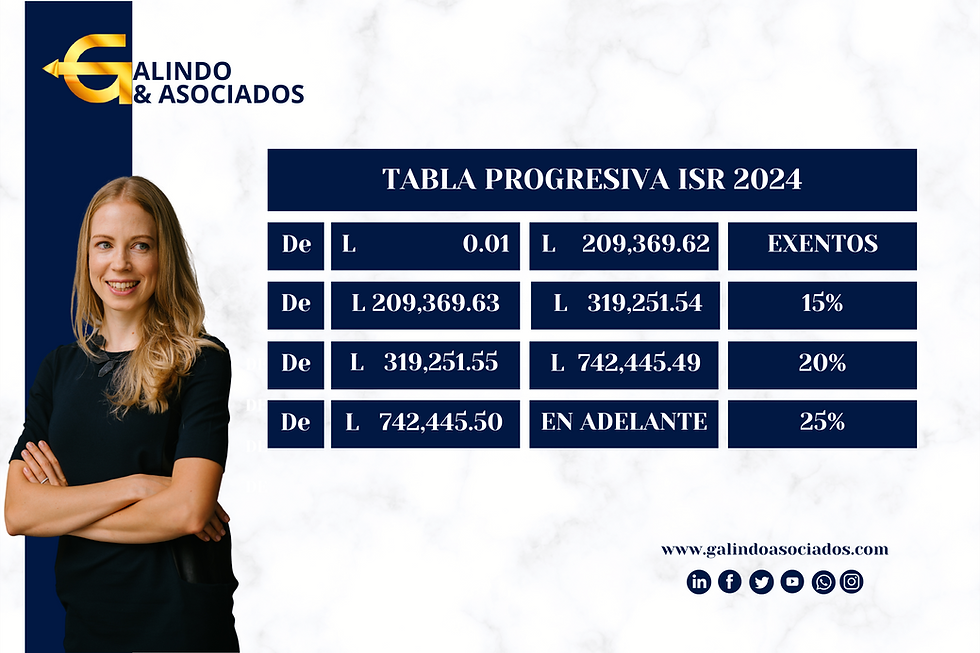New Edition of the IFRS for SMEs Standard: A Step Forward in International Accounting
- Galindo & Asociados

- 4 mar 2025
- 3 Min. de lectura
The International Accounting Standards Board (IASB) has announced the publication of the third edition of the IFRS for SMEs Accounting Standard, scheduled for February 27, 2025. This milestone marks the culmination of a Second Comprehensive Review of the standard, initially issued in 2009 and subsequently amended in 2015.
Review and Consultation Process
As part of the first phase of this review, the IASB launched a Request for Information to gather stakeholders’ opinions on the necessity and scope of the updates. This process aimed to assess the incorporation of changes in full IFRS, its amendments, and IFRIC interpretations.
In the second phase, after considering the feedback received, the IASB published an Exposure Draft of the third edition of the standard in September 2022, proposing modifications aligned with full IFRS. Under the alignment approach, the IASB prioritized relevance for SMEs, simplicity, and faithful representation, evaluating the cost-benefit of each proposed change. The draft was open for comments for 180 days, closing on March 7, 2023.
Recent IASB Decisions
At its meeting on November 20, 2024, the IASB addressed key issues regarding the transition requirements in the third edition of the standard. The provisional decisions include:
Temporarily exempting the disclosure requirement in paragraph 10.13(b) for the initial application period. Thirteen of the fourteen IASB members supported this decision.
Removing the proposed disclosure requirement in paragraph A28(b) of the Draft Standard. Twelve of the fourteen IASB members agreed.
Key Modifications in the Third Edition
The updated standard introduces significant improvements, including:
Alignment of Section 2 on concepts and general principles with the 2018 IFRS Conceptual Framework.
Update of consolidation requirements in Section 9.
Integration of financial instruments treatment into a single Section 11.
Consolidation of fair value measurement requirements in Section 12.
Update of business combination requirements in Section 19.
Implementation of a revised revenue recognition model in Section 23, aligned with IFRS 15 and its five-step model.
Final Thoughts
The third edition of the IFRS for SMEs represents progress in accounting harmonization, enhancing the comparability and transparency of financial information in the sector. These modifications will strengthen the standard’s application and provide SMEs with an updated framework more aligned with international best practices.
From our firm, we recommend that companies prepare for the adoption of this new edition by assessing its potential impact on their financial information and accounting processes. We will remain attentive to the IASB’s final developments to provide the best advice to our clients.
For more information on how this innovation may affect your operation or investment in Honduras, the Galindo & Asociados team the Galindo & Asociados team is at your disposal.

Carlos Galindo
Socio de Impuestos
Legal Notice: The information contained in this news blog is provided solely for informational purposes and should not be construed as legal advice on any of the topics covered. We cannot guarantee or anticipate whether the interpretations contained in this news blog may or may not be accepted by the relevant authorities. You should not act or refrain from acting based on any content included in this news blog without seeking legal or professional advice. The content of this news blog is general information and may not apply to your particular situation. We disclaim all responsibility for any actions you take or refrain from taking based on any content in this communication.










Comentarios